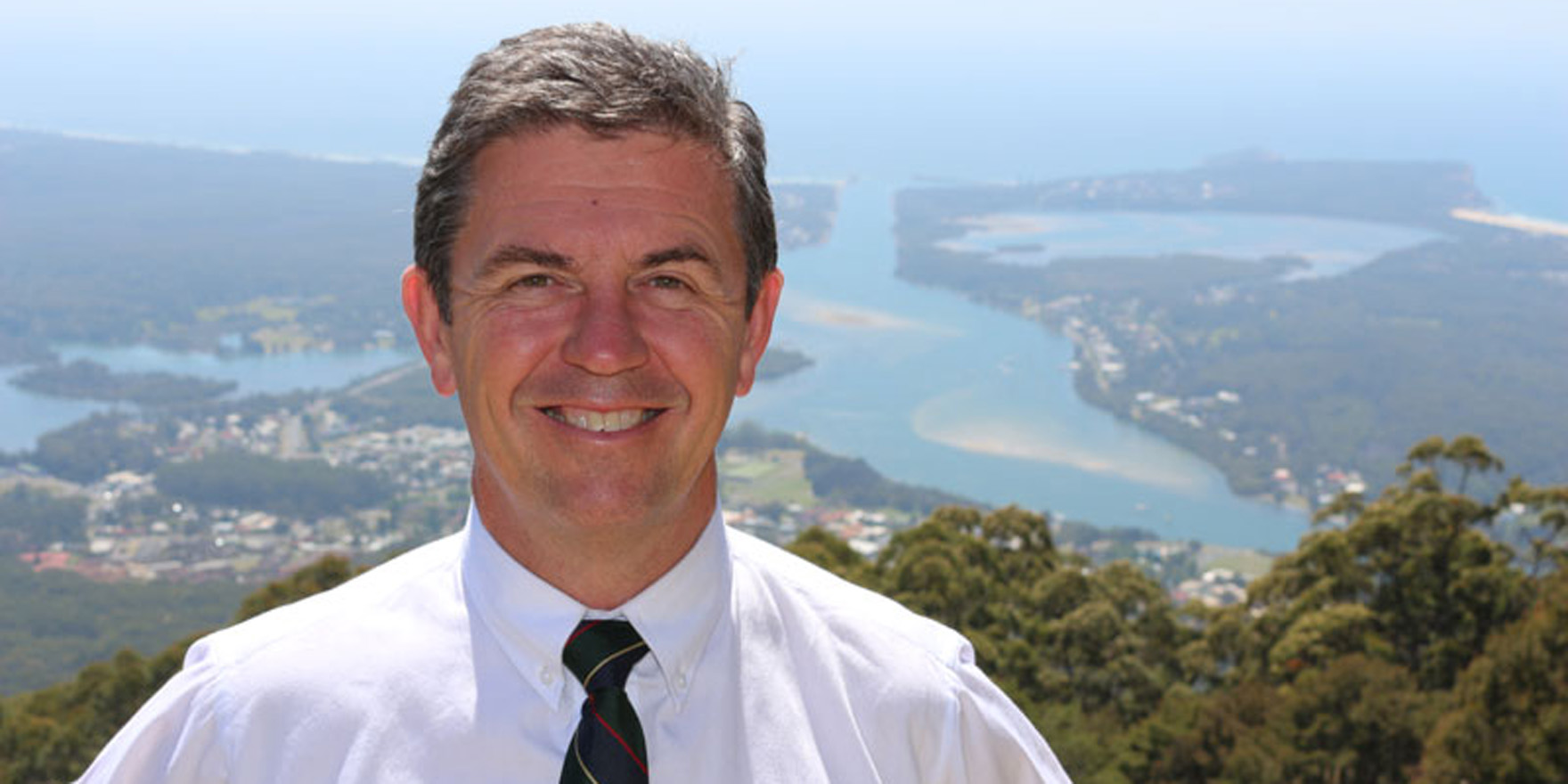Good health policy is not just about clinical decisions, says the assistant minister for health
The first medical professional in decades to have a slice of health policy action, Assistant Health Minister Dr David Gillespie, is steering a medical workforce shift that is pleasingly in step with most doctors’ views.
The Nationals politician, elected to federal parliament in 2013, announced last week that responsibility for GP registrar selection would return in 2018 to the RACGP and ACRRM after 17 years in the hands of the Health Department.
“I think the colleges, which set the curriculum and do the standard keeping, have a better feel for what makes a good GP. The department will still make sure candidates are eligible, but the colleges will run the selection process,” the Assistant Health Minister, a practising gastroenterologist for more than 30 years, told The Medical Republic in an exclusive interview.
“The phenomenon is that some people at a junior stage of their career just tick general practice because they’ve got no idea of what they want to do. They start general practice training and then they drop out,” Dr Gillespie said. “Having the colleges select the candidates will, I think, get a lot of more committed people, rather than people who are at a loss and don’t know if they want to be a registrar in a hospital or work in general practice or do whatever.”
Dr Gillespie was promoted from assistant minister for rural health to a broader role in Malcolm Turnbull’s cabinet reshuffle after former health minister Sussan Ley’s resignation last month over a travel expenses scandal.
The government had realised that general practice in Australia needed renewal to end a reliance on overseas-trained doctors, an awakening that led it to allocate $220 million a year to support up to 1500 registrar places annually, he said. But the coming appointment of Australia’s first Rural Health Commissioner would be the game changer.
Legislation to set up the new statutory position was in the “express lane” for introduction in the autumn sitting of parliament beginning on February 7. Dr Gillespie said he could not imagine any side of politics opposing the appointment.
“It has been a campaign commitment and we are going to deliver it,” he said. “People were really pleased at the concept of having someone other than a well-informed minister – which is me – working out rural health issues.
“It’s not always that you get a medical practitioner who has practised for years (as minister).”
The commissioner would be asked to produce a body of work to direct policy, beginning with a framework for an expanded rural GP training pipeline. Doctors hope to see a clinician in the role. Dr Gillespie has a “mental short list” but conceded only that the job would go to the best candidate.
On a rough estimate, if 10% of the 3200 medical graduates per year went into rural practice on a consistent basis, it would restore health services in regional and rural towns, he said.
“We are trying to get the rural clinical schools and university departments of rural health to do in the postgraduate vocational training space what they manage to do in the undergraduate space,” Dr Gillespie said.
“That is, identify and inspire people towards rural practice, give them the right skills, increase the postgraduate training footprint across the nation, so people can do more training in their postgraduate years in a rural setting.”
On other issues, the minister confirmed the Coalition had no plans to introduce a sugar tax, but would pursue policies to drive down smoking and obesity rates.
“In the preventive health space, we’ve had a pretty good effect as a nation in 35 years of anti-smoking policies. We’re down to about 14 to 15%. We want to get that lower and reduce smoking among high-risk groups like rural, indigenous and lower socieoeconomic communities.”
Asked if doctors should be more active in health policy, he said business acumen was an important ingredient.
“I have had a very balanced career. I haven’t only been a clinician, but I’ve run day surgeries, I’ve been in postgraduate medical education, undergraduate medical education, and been a small businessman. The thing with health policy is, it’s not just about clinical decisions.”


